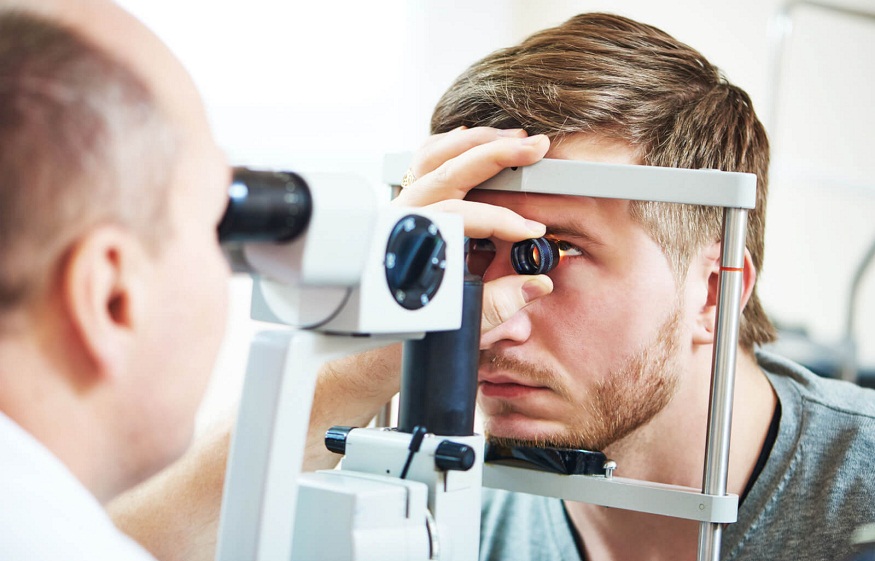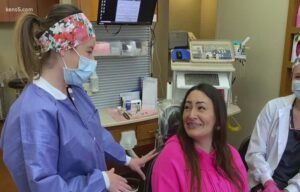
Optometrists And Eye Health: A Focus On Women’s Vision
Vision is vital to our quality of life. Women face unique challenges when it comes to eye health. Some conditions affect women more often or differently than men. Regular eye exams are key. Optometrists play a crucial role in detecting and managing these conditions. Advances in eye care, like the specialty lens Beverly Hills, CA, have made significant strides in improving vision. Let’s explore the importance of eye health for women and the role of optometrists in maintaining it.
Common Eye Conditions in Women
Women experience certain eye conditions more frequently. These include dry eye, cataracts, and glaucoma. Hormonal changes, especially during pregnancy and menopause, can further impact vision.
- Dry Eye: Women are more prone to dry eye. This can cause discomfort and blurred vision.
- Cataracts: Cataracts often develop as women age, leading to clouded vision.
- Glaucoma: A serious condition that can lead to vision loss if not managed. Women should monitor eye pressure regularly.
Recognizing these risks is crucial. Visit the National Eye Institute for more information on how these conditions specifically affect women.
Importance of Regular Eye Exams
Optometrists can detect early signs of disease and provide timely treatment. An exam typically includes a vision test and a check for eye diseases.
| Frequency of Eye Exams | Age Group |
| Every 1-2 years | 18-60 years |
| Annually | 60 years and older |
Regular check-ups ensure early detection. They also help in updating prescriptions for glasses or contact lenses.
Advances in Eye Care
Technological advancements have transformed eye care. The development of specialty lenses, like those in Beverly Hills, CA, has expanded treatment options for various conditions. These lenses can address complex vision issues, providing enhanced clarity and comfort.
Laser treatments and improved surgical techniques also offer better outcomes for cataract and glaucoma patients. Staying informed about these options allows women to make educated choices about their eye health.
Preventive Measures for Healthy Eyes
Adopting healthy habits can protect vision. Here are three simple practices:
- Balanced Diet: Foods rich in omega-3 fatty acids, lutein, and vitamins C and E support eye health.
- Protective Eyewear: Sunglasses that block UV rays prevent damage from sun exposure.
- Limit Screen Time: Taking breaks from screens reduces eye strain and fatigue.
By incorporating these practices, women can maintain better eye health over time.
Conclusion
Women’s eye health requires attention and care due to unique challenges. Regular eye exams, understanding common conditions, and embracing advancements in eye care are crucial. By taking preventive measures and staying informed, women can ensure their eyes remain healthy throughout their lives. Remember, vision is not just about seeing well but living well.


